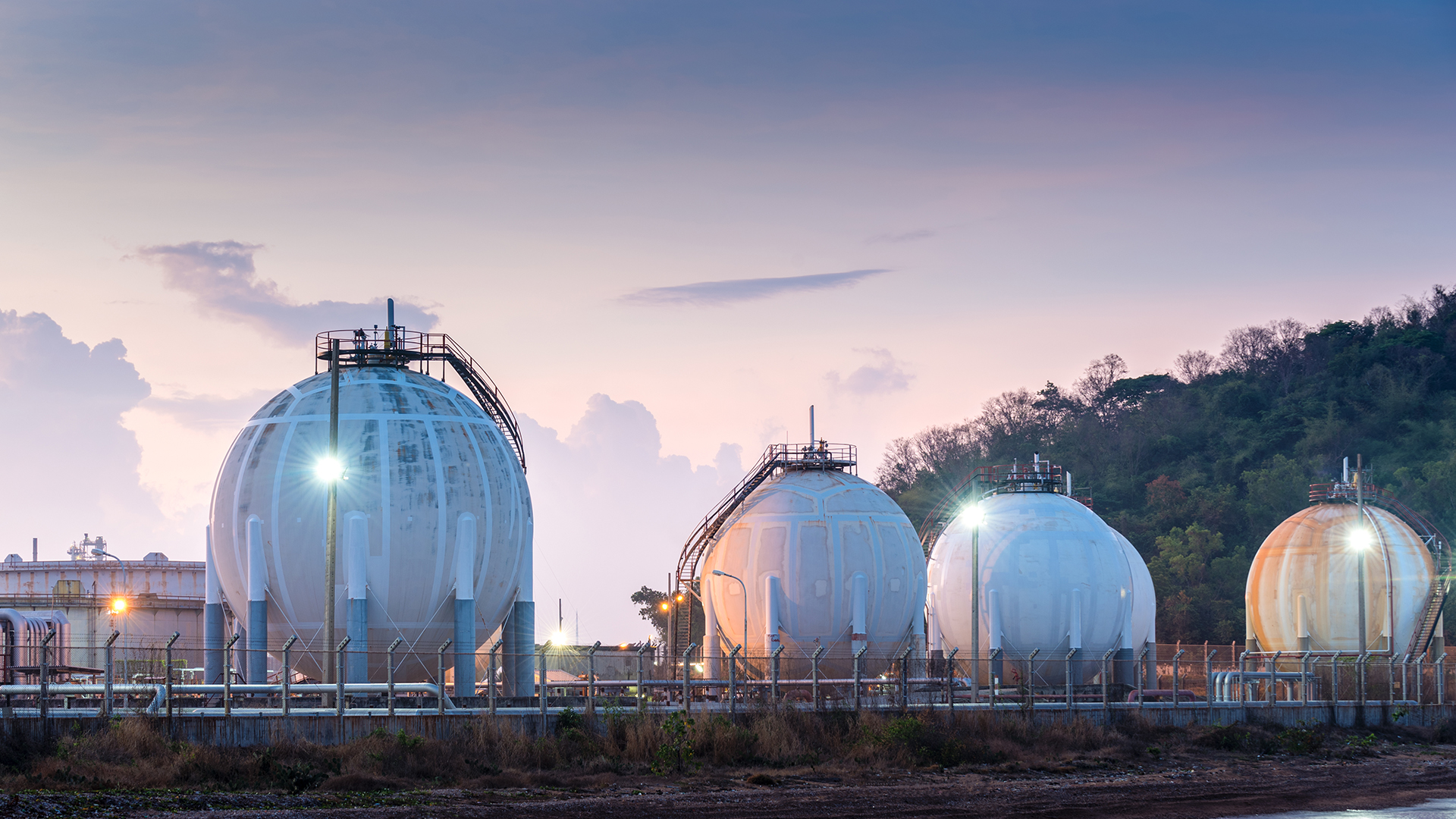Helium reservoir evaluation is a central part of determining whether a helium discovery can be produced safely, efficiently, and profitably. As global demand for helium increases across medical, aerospace, technology, and scientific sectors, understanding reservoir behaviour has never been more important. Because helium systems differ from conventional hydrocarbons, operators and investors rely on specialist consultants to deliver accurate, independent evaluations that support confident decision making.
What Is Helium Reservoir Evaluation
A helium reservoir evaluation examines the physical and geological characteristics of a subsurface reservoir to determine how helium is stored, how it behaves, and how it can be produced. This work builds on geological and resource assessments, providing a deeper understanding of deliverability and long-term performance.
Typical areas of focus include:
- Reservoir rock properties such as porosity and permeability
- Pressure regimes and fluid dynamics
- Gas composition and purity
- Trap integrity and sealing capacity
- Flow characteristics under various production scenarios
The goal is to predict realistic production rates, recovery factors, and operational requirements.
Why Specialist Consultants Are Needed
Helium accumulates through unique geological processes and is often found in complex or low concentration settings. This means that standard hydrocarbon evaluation methods are not always suitable.
Helium consultants bring the expertise required to:
- Model noble gas behaviour within the reservoir
- Interpret complex geological structures
- Assess uncertainty and risk in limited data environments
- Integrate reservoir results with commercial and operational planning
Their independent insight strengthens confidence in a project’s technical foundations.
Linking Reservoir Evaluation to Resource Assessment
A reservoir evaluation is typically carried out alongside or immediately after a helium resource assessment. While the resource assessment estimates total recoverable volumes, the reservoir evaluation focuses on how that helium will flow to the surface.
Together, these studies provide a full picture of both potential and practicality, guiding investment decisions and project prioritisation.
Supporting Investment Decisions with Helium Due Diligence
Reservoir evaluations often form a key part of helium due diligence, especially when a project is being considered for acquisition, partnership, or financing. Consultants verify whether reservoir performance assumptions are realistic, helping investors avoid overestimation or unexpected risk.
This due diligence work can be essential in negotiations and financial planning.
Formal Reporting QPR and CPR
For companies seeking external investment or market listing, the findings of a helium reservoir evaluation may be included within a Qualified Person Report (QPR) or Competent Person Report (CPR). These documents follow international reporting standards and offer independent validation of project potential.
They provide transparency that regulators, partners, and lenders expect.
Why Helium Reservoir Evaluation Matters
A high-quality reservoir evaluation provides:
- A realistic understanding of production potential
- Greater certainty for investors and operators
- Early identification of technical risks
- A stronger basis for field development decisions
- Clearer insight for valuation and strategic planning
As the helium sector continues to expand, reliable helium reservoir evaluation has become essential for assessing the viability of new projects and guiding responsible development. With the support of specialist consultants, operators gain accurate, independent insight into how a reservoir will perform, helping them make informed decisions and unlock long term value.





